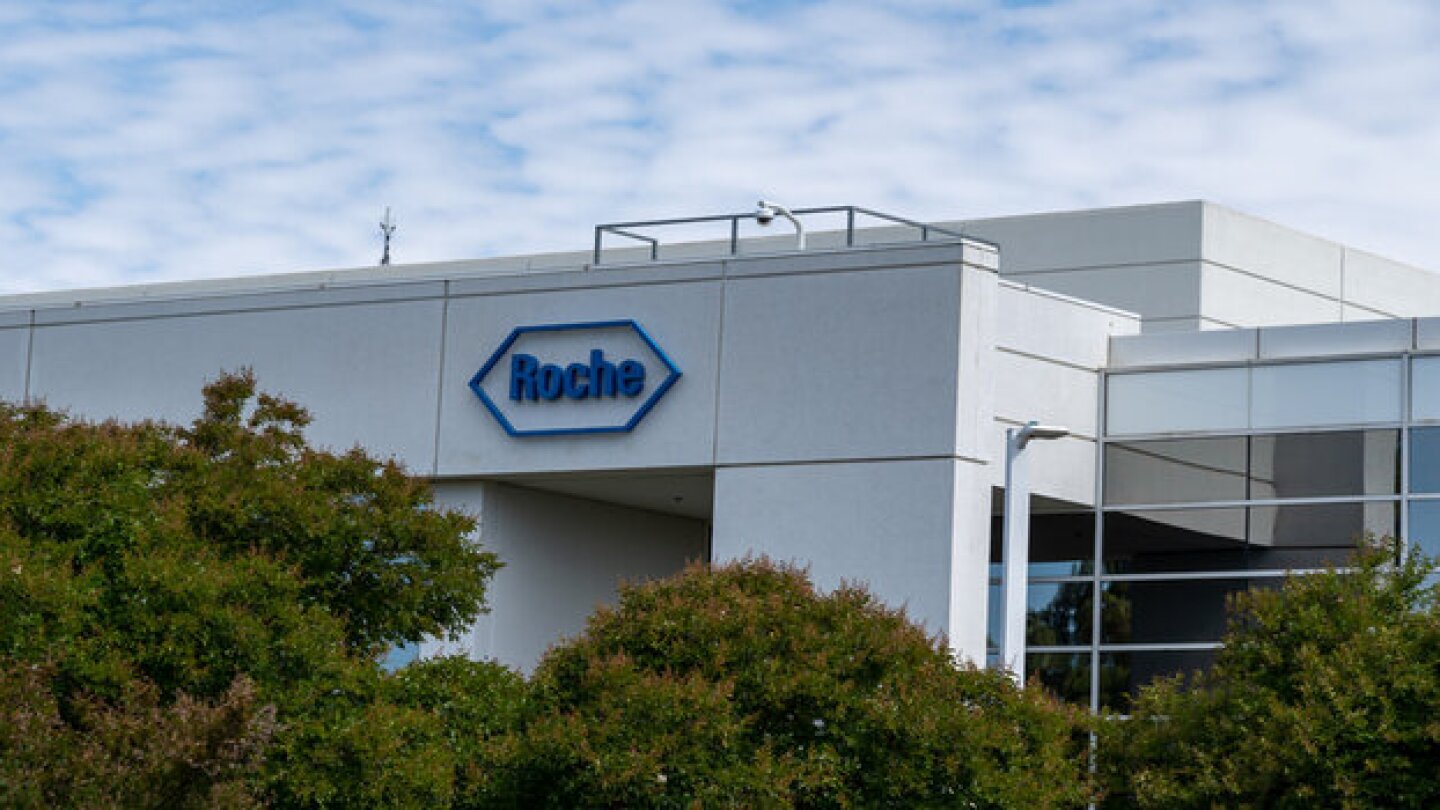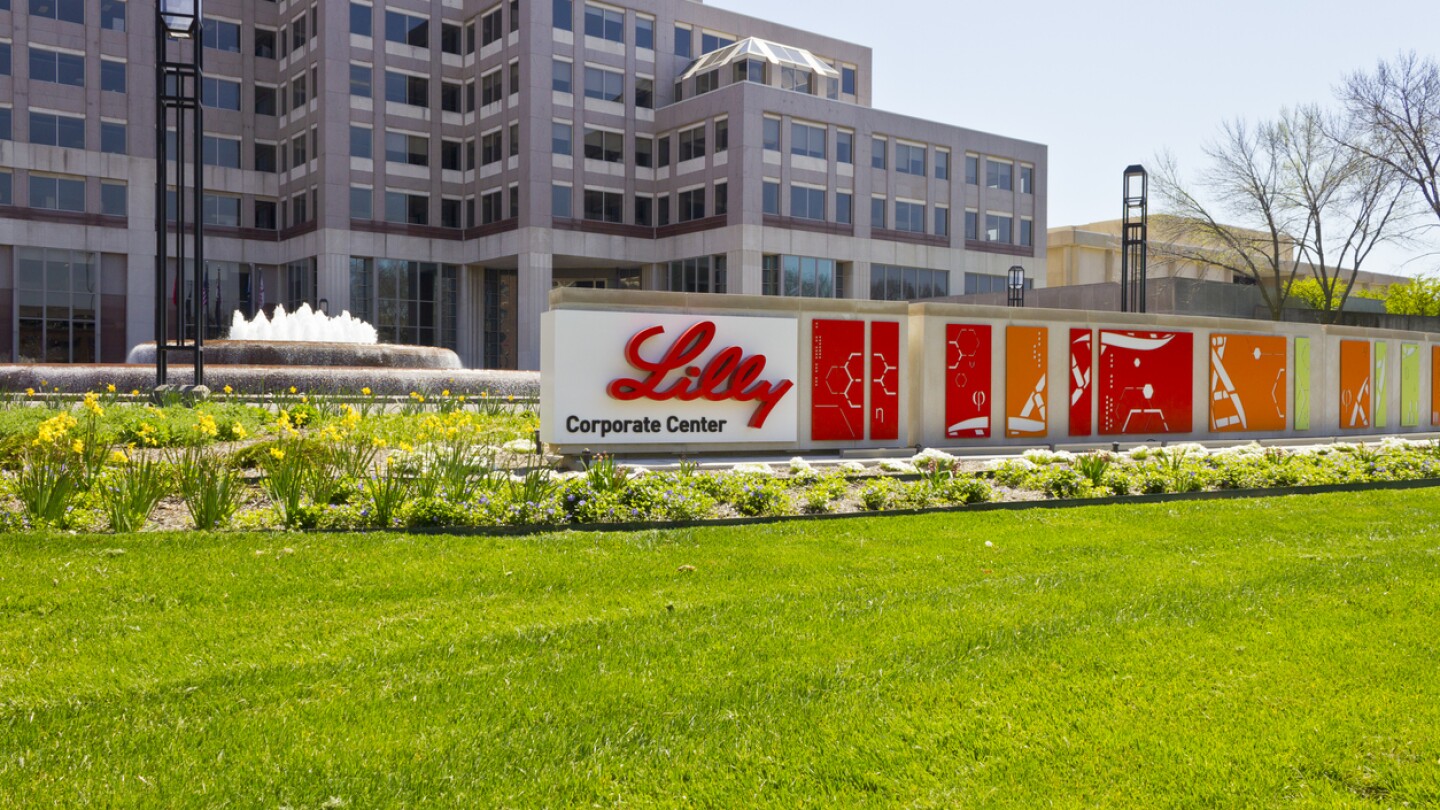Breast cancer
DS-9606 was supposed to be the first antibody-drug conjugate in Daiichi Sankyo’s line of anti-cancer assets to use a modified pyrrolobenzodiazepine payload.
Analysts at Jefferies called the approval “highly significant,” estimating it could add $2 billion to $3 billion to peak Enhertu sales.
While new late-stage data point to some liver toxicity signals, analysts at BMO Capital Markets said Tukysa’s efficacy outcomes “appear to more than make up for any safety concerns.”
While overall survival remains immature, results so far show a clear trend in favor of Roche’s giredestrant.
Pfizer, Merck, AstraZeneca and Bristol Myers Squibb were among the many biopharmas showing off novel cancer modalities at ESMO, with antibody-drug conjugates, bispecific antibodies and kinase inhibitors demonstrating encouraging efficacy and safety for various cancers.
Phase III data showed that Inluriyo improves progression-free survival versus standard endocrine therapy.
Strand Therapeutics’ lead asset is STX-001, an intra-tumor self-replicating mRNA therapy that carries a payload expressing the immunomodulatory protein IL-12.
Beginning this week in Chicago, the American Association for Cancer Research’s annual conference will feature presentations that could have far-reaching implications for breast and blood cancers and more.
Combining Trodelvy with Keytruda and pushing it into the frontline setting could “potentially double” the ADC’s market in metastatic triple-negative breast cancer, according to analysts at Truist Securities.
Analysts at Leerink Partners said in a Monday note that DESTINY-Breast09’s findings “could support an approval” for Enhertu in first-line HER2+ metastatic breast cancer.
PRESS RELEASES










